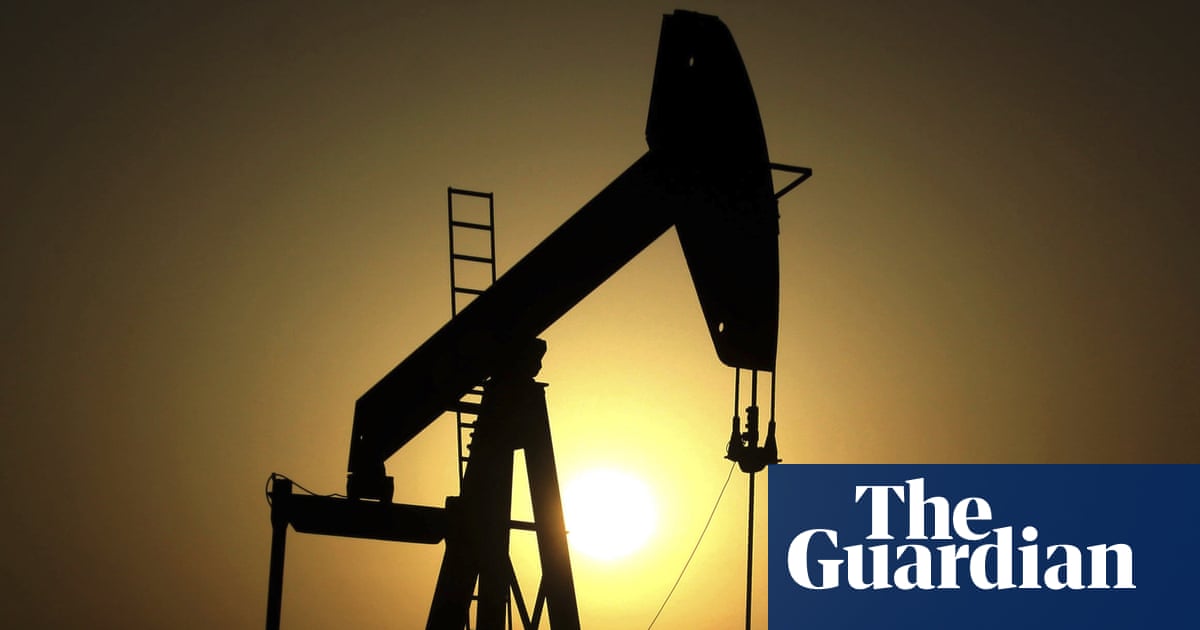
The US Federal Reserve, the most powerful central bank in the world, has wheeled out the big guns against the coronavirus — but there is no guarantee its firepower will be sufficient to halt the serious economic consequences of the outbreak.
There is even concern that the Fed could soon run out of ammunition in the fight.
As an indication of how seriously the US authorities are taking the epidemic, the Fed’s cut of half a percentage point off its main rate on Tuesday was the first time it had made a reduction of such a magnitude — an unscheduled and therefore an emergency measure — since the height of the global financial crisis in late 2008.
The move propped up equity prices for a short time, but investors pretty soon took the view that it was not enough to change the sentiment on the world’s biggest stock markets. After an initial blip upwards, the main Wall Street indices fell back into negative territory. The S&P 500 index has now given up all the gains of the past four months.
At the time of writing, Asian markets have followed that negative reaction, with main indices marginally down. Middle East markets opened lower too, with the three biggest exchanges — in Riyadh, Dubai and Abu Dhabi — all down in early trading.
Bonds copied the downward trend after the Fed’s cut, with the yield on the key 10-year treasury bill ending below 1 percent — a record low.
The main problem, of course, is coronavirus. As reported cases increase daily and new locations are named — the first in Saudi Arabia came this week — there is a sense that financial policymakers are dealing with an unknown quantity.
What does the Fed do next? It was able to respond during the global financial crisis because interest rates were much higher back then, and there was more leeway for stimulus by reducing the cost of capital. Now rates are just 1 percent.
Frank Kane
The intergovernmental Organization for Economic Co-operation and Development (OECD) became the latest body to attempt to put a bottom on the economic consequences of the outbreak earlier in the week, but its forecast only served to increase the gloom. It sees global growth halved this year if the outbreak is not contained quickly.
The International Monetary Fund (IMF) and World Bank said they had set aside emergency funding to help countries fight the outbreak, though in this case too there were concerns that the big guns of international finance did not have the reserves to come good on that pledge in any meaningful way.
Aside from general worries about the global economic effect of the virus, there is plenty of cause for concern in US financial markets.
The two sectors hardest hit in the post-Fed announcement sell-off were banks and tech companies. The former was the area that gave policymakers real worries in 2008, and nothing has been done to reduce overall indebtedness since then.
The technology sector has been the driving force for stock markets for the past five years at least. Some analysts thought they were overvalued even before the inevitable hit they will take as global supply lines and trade are affected.
For the Middle East, the obvious concern is the price of oil — under discussion at the moment at the Organization of the Petroleum Exporting Countries (OPEC) meeting in Vienna. Falling growth and demand for fuel for industry was already a big worry for Arabian Gulf policymakers, but the goalposts have been moved significantly.
How much production does OPEC and OPEC+ need to cut to compensate for a 50 percent reduction in GDP growth? And what effect would a big cut in production have on the domestic economies of the region’s oil producers and their plans for economic diversification? These are difficult questions for OPEC policymakers.
Equally difficult is: What does the Fed do next? It was able to respond during the global financial crisis because interest rates were much higher back then, and there was more leeway for stimulus by reducing the cost of capital.
Now rates are just 1 percent. There is not much room for further reductions without approaching negative returns, which is uncharted territory for the financial markets of the world’s biggest economy.
This surely is a time for coordinated action by policymakers in the US and China, still the most serious victim of the virus and the main cause of the falling economic forecasts. But in the era of trade wars, that hope seems a long way off.
• Frank Kane is an award-winning business journalist based in Dubai.
Disclaimer: Views expressed by writers in this section are their own and do not necessarily reflect Arab News" point-of-view











